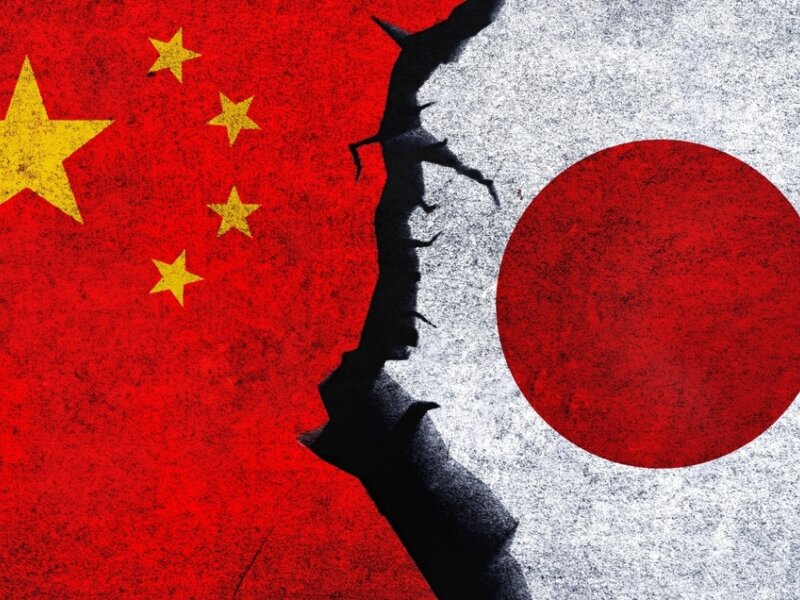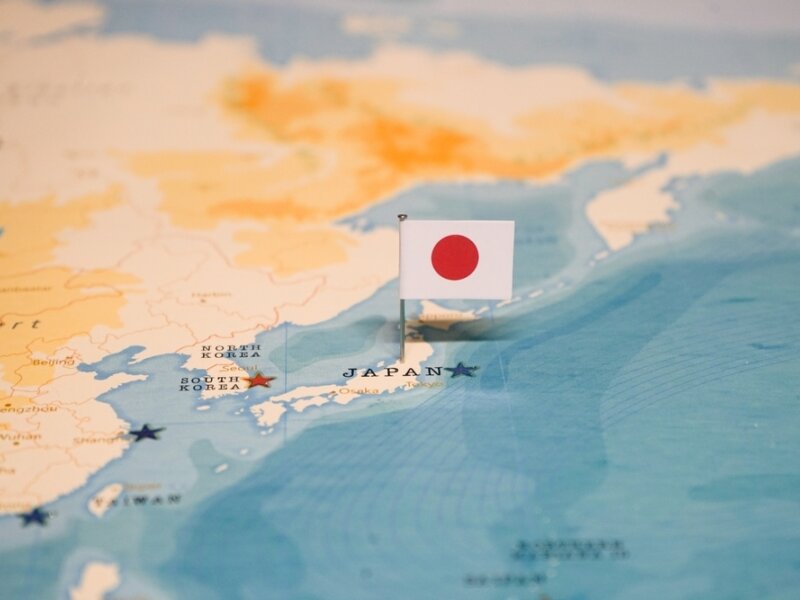United States and China: Seeking a common ground for dialogue
US Secretary of State Antony Blinken met in China with his counterpart Qin Gang and President Xi. In a climate of competition between the two countries, these could be the first attempts at dialogue. By Enrico Casini e Federico Deiana

On 18 and 19 June, the US Secretary of State, Antony Blinken, paid an official visit to China, where he met the Minister of Foreign Affairs, Qin Gang, the head of the Chinese Communist Party’s Foreign Department, Wang Yi, and – after a last-minute decision – President Xi Jinping.
Given the level of these meetings and the historical moment in which they took place – after the complicated years of the pandemic and the recent tensions, exacerbated by the outbreak of the war in Ukraine – this was particularly significant, not least because it marked the first visit by a US Secretary of State to China since 2018.
Blinken was supposed to visit the country back in early February 2023. However, following the interception of several Chinese spy balloons over US airspace – which occurred a few days before the scheduled departure date – the visit was cancelled, marking the lowest point in bilateral relations since their establishment in 1979.
Although, like in previous years, an underlying political-economic tension remains, representatives of the two countries’ administrations have met several times, mostly informally, since February. These initiatives signal a shared willingness to seek a possible strategic dialogue, rather than a new thaw in relations.
It is no coincidence that during the Munich Security Conference, Blinken had a bilateral meeting with Wang Yi, while, in March, the Deputy Secretary of State responsible for China and Taiwan, Rick Waters, visited Hong Kong, Shanghai and Beijing. Similarly, National Security Advisor Jake Sullivan met with Wang Yi in Vienna, in May, and, in the same month, CIA Director William Burns travelled to China. The last relevant meeting between Chinese and US authorities was a brief informal face-to-face meeting between the Defence Secretary Lloyd Austin and Chinese counterpart Li Shangfu, on the sidelines of the Shangri-La Dialogue in Singapore, on 2 June.
During recent meetings, as well as Blinken’s trip to Beijing, US demands have focused on the need to keep lines of communication open, especially in the areas of security and defence. However, the US also expressed concerns over Chinese military and intelligence operations near Taiwan and Cuba, the need for China to condemn Russia’s aggression against Ukraine, and above all not to supply arms to the Russian Armed Forces and private militias.
Chinese authorities, on their part, expressed concern over the US ambiguity on the Taiwan issue and disappointment in the US decision to ban exports of key components for the high-tech industry to China. They also criticised economic sanctions against prominent members of the regime, such as Defence Minister Li Shangfu himself, and the “erroneous” perception of China as an adversary of the West – which clearly emerged during the recent G7 summit in Hiroshima and was reflected in a very tough final statement on relations with China.
While affirming that Washington will continue to promote a free and rule-based international order, with regard to Taiwan, Blinken reassured his Chinese counterparts that the United States supports the “One China Policy”. At the same time, the Beijing leadership declared that there will be no arms sales to the Russian Federation even if military lines of communication with Washington are not re-established. The invitation to Minister of Foreign Affairs Qin Gang to visit the US soon to continue this strategic dialogue was also accepted.
Those emerging from the US Secretary of State’s visit to the political heart of the Celestial Empire are timid signs of openness. Probably, in the short term, Blinken’s trip will enable the re-establishment of bilateral cooperation on specific issues and, perhaps, the reopening of some channels of communication that have remained strategic, given the many open issues – from climate to diplomatic issues related to developments in the Russian-Ukrainian conflict – in which a dialogue between the two countries may become necessary over time. For instance, US Secretary of the Treasury, Janet Yellen, and Secretary of Commerce Gina Raimondo, as well as the Special Envoy for Climate John Kerry, could travel to China soon. Similarly, US President Biden and Chinese President Xi could meet in the autumn at the Asia-Pacific Economic Cooperation (APEC) summit in San Francisco, or at the G20 in India.
However, in a long-term perspective, systemic competition between the two powers will probably continue, potentially reaching new high points of tension. Given the huge economic growth of the last 20 years, China has undoubtedly strengthened its international projection and role, particularly in regions such as the Middle East, Africa, and South America. China has been able to mediate in relations between Iran and Saudi Arabia, two historically rival powers in the Near East and weave – mainly economic – relations with many countries through initiatives such as the New Silk Road. So much so that it has succeeded in acquiring increasingly relevant positions vis-à-vis the countries of the Global South, sometimes at the expenses of Western countries, and claiming, in its public rhetoric, to represent a specific political alternative to the Western-led international system. The United States, for its part, does not seem willing to give up its international role. In fact, Washington has always kept a close eye on the dynamics affecting Europe and the Mediterranean, and has renewed its investment in its military presence in the area, especially after the outbreak of the war in Ukraine. Above all, however, the US remains directly involved in the confrontation with China over the Indo-Pacific region, promoting a common front with Australia, South Korea and Japan and relaunching its relations with India. In the Indo-Pacific, Washington is also seeking to consolidate its relations with other emerging countries, such as Vietnam or the Philippines, which do not always boast smooth relations with China. In all this, Taiwan remains the great outstanding issue not only for Asian balances, but also for future relations between China and the United States and global security, as a veritable “sword of Damocles.”
In the current climate of geopolitical rivalry, which also extends to the new technology sectors and the economy, maintaining or re-establishing channels of communication between the world’s great powers may be inevitable, including to find a possible solution to some of the current crises, primarily Ukraine, and maybe avoid new ones in the future.



